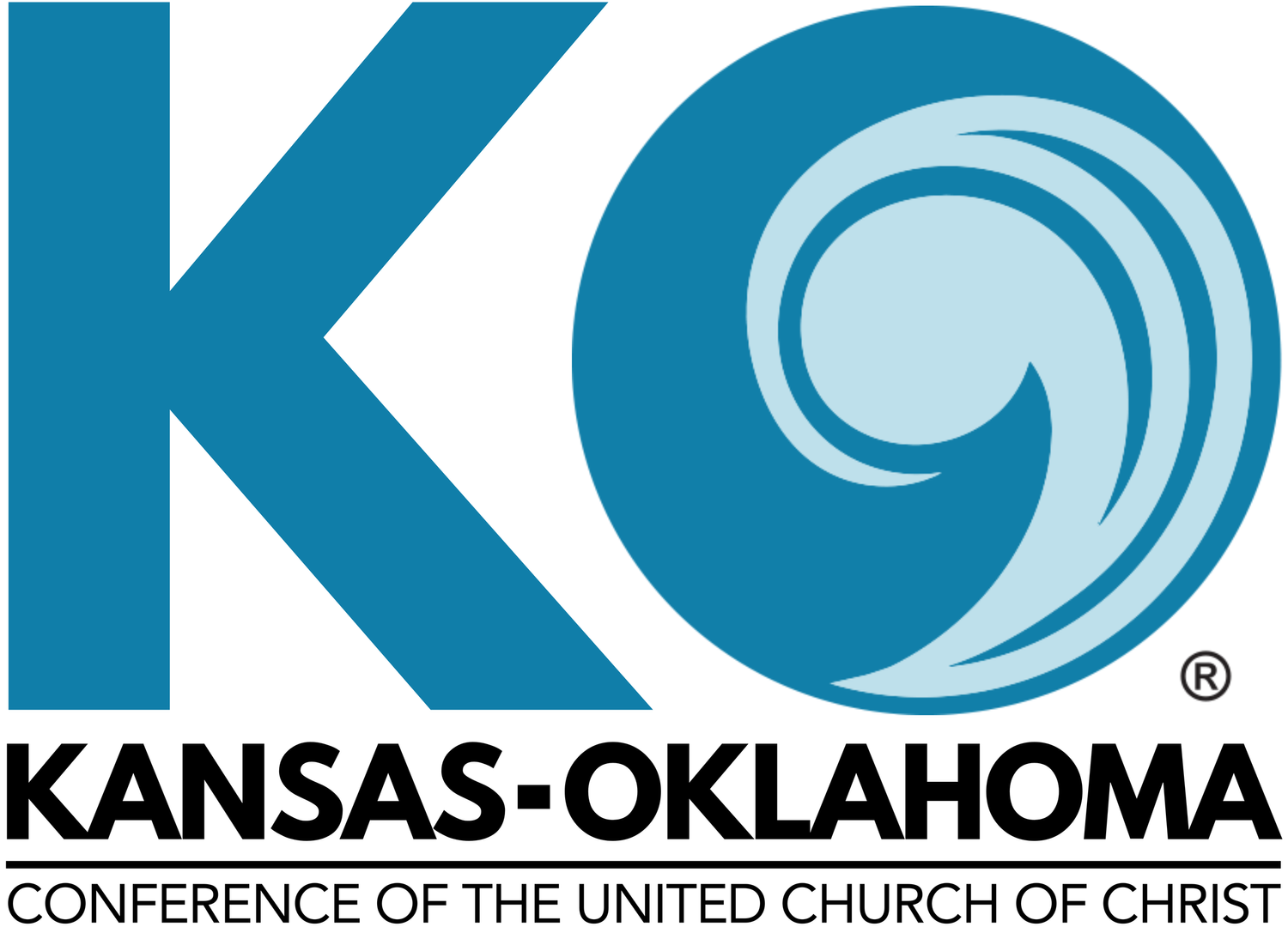Black History Month and Justice
by Edith Guffey
Conference Minister
Justice is one of those words that is used so frequently in the UCC that we might think that everyone is on the same page about what it means. I have learned that it’s a mistake to make that assumption, because it’s so easy to confuse justice with charity. While both are essential, they are quite different.
The clearest distinction I have heard were the words of William Sloan Coffin, who for many years was the pastor of Riverside Church in New York City. He wrote:
“Had I but one wish for the churches of America, I think it would be that they come to see the difference between charity and justice.
Charity is a matter of personal attributes, justice a matter of public policy. Charity seeks to alleviate the effects of injustice; justice seeks to eliminate the causes of it. Charity in no way affects the status quo, while justice inevitably leads to political confrontation.
…I would hope that Christians would see that the compassion that moved the Good Samaritan to act charitably was the same compassion that prompted Biblical prophets to confront injustice, [and] speak truth to power...”
Understanding the difference between charity and justice is important. I don’t know of a single church in this Conference that isn’t engaged in some kind of important and essential charitable ministry. Food pantries, supporting efforts to provide shelter for the homeless, after school programs, working with Habitat for Humanity, adopting families at Christmas, giving generously to disaster relief, compiling clean up buckets and more. All of these ministries are important as they respond to the immediate needs of those in our communities and country, But remember, they are charitable ministries. As important as they are, they don’t change the system in any way; they provide much needed relief from the effects of injustice, but they don’t seek to eliminate it.
That’s why the work of justice is vital. Ministries of justice often result in taking us out of our pulpits and pews, out of our comfort zones, to make long lasting systemic change. This kind of change almost always means engaging the political arena; it often means confrontation and conflict, as what’s working for the majority is rarely changed willingly. Laws and policies govern society and changing those policies that create a society of haves-and-have-nots, and that favor some over others, is what results in long term systemic change. Working for justice means looking at the policies that result in hunger and the need for food pantries in the first place.
While KO’s participation in purchasing medical debt was incredible, it was an act of charity, a much needed and immediate relief for our neighbors who are burdened by this financial reality. But the justice questions about medical debt go deeper: how does our health care system contribute to medical debt? How is poverty causally related to medical debt, and what are the factors that lead to long term entrenched poverty? These policy questions might include addressing the minimum wage, working for a more equitable system of public education, expanding Medicare and a host of other interrelated laws and questions that combine to create the growing concern about medical debt in our country.
As I write this, I can’t help but think about these questions of justice in the context of Black History Month. Others may (understandably) not make this connection, but for me it’s impossible to disconnect the experience of being a Black American with questions of justice. Black History Month isn’t in and of itself about justice; and I suspect that having a Black History focus hasn’t directly resulted in laws changed or the correcting of inequitable systems. But that’s not the intent.
What started out as Negro History Week in 1926 was recognized as Black History Month in 1976 by President Gerald Ford. Black History Month was and continues to be about focusing on the history, accomplishments, and contributions of Black Americans to our country and the world. It doesn’t take a rocket scientist to know that it’s hard to appreciate or value something you don’t know anything about. Awareness matters and over the years, I wonder if making our country more aware of the contributions of Black Americans has made a difference in perception and appreciation for the accomplishments of Black Americans as well as the systemic inequities that continue to affect them.
As I look back today on what has transpired in our country since the last Black History Month, I am cautiously encouraged at what is happening that we shouldn’t overlook, especially this month. I wonder how important it has been for Black children to know and learn about our own history and see what others who have gone before us have accomplished? I wonder how much that empowers, challenges and supports dreams for the future for our children? I wonder what Amanda Gorman would say. I wonder how much Colin Kaepernick was impacted over the years by what he heard and learned about the struggles, history, and accomplishments of Black Americans as well as the continuing injustices? I wonder if Black History Month has played even a small role in his development as well as that of other leaders?
Did you watch Sunday’s Super Bowl or at least the pre-game show? Did you notice how far the National Football League has come since Colin Kaepernick took a knee? I suspect that the change we have witnessed in the NFL has come because players used their collective power for change. They haven’t changed any laws, and yet because of their growing awareness and commitment to change, the NFL is changing.
That is why we saw Alisha Keyes singing what is known as the Black National Anthem, Lift Every Voice and Sing, on the most watched television event in the country. My guess is that millions of viewers never even knew there was a “Black National Anthem,” let alone heard it before. That changed on Sunday. That performance wasn’t “justice” in the purest sense of the definition; but it made a huge statement about a cultural shift in the NFL that might play a small role in creating an openness on the part of some to think about the concerns related to systemic racism in this country.
If you are committed to justice, but are still looking for ways that “fit “ for you to express that commitment, Black History Month is a place to start. Intentionally exploring, reading, learning, and being inspired by what your fellow Americans have accomplished in spite of a system that devalued their very personhood, just might reframe some of the questions and perceptions that live on in our country. And who knows, it may be an important step in embracing your own work toward building a more just, inclusive, and equitable world.
--
If you missed the pregame show; listen to Alicia Keys singing Lift Every Voice and Sing.

